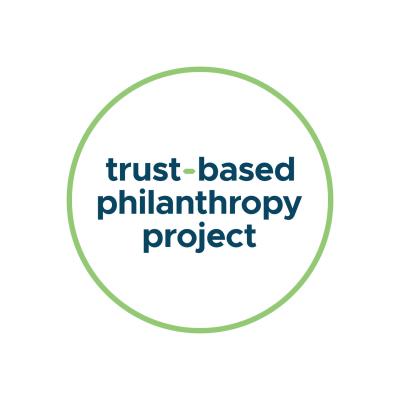Event
Demystifying Trust-Based Philanthropy Session 6: What Does Trust-Based Philanthropy Have To Do With Racial Equity?
Upcoming Events
Apr
10
Making Reporting Work Session 2: Aligning Grantmaking with Learning & Change
-
Series
Apr
21
Building a Thriving Region: Moving to Action Roundtable Reunion
-
Event
May
2
2025 NCG Annual Conference: Becoming Our Vision
-
Conference
